Is Laughter the Best Medicine?
What having a laugh can do for you
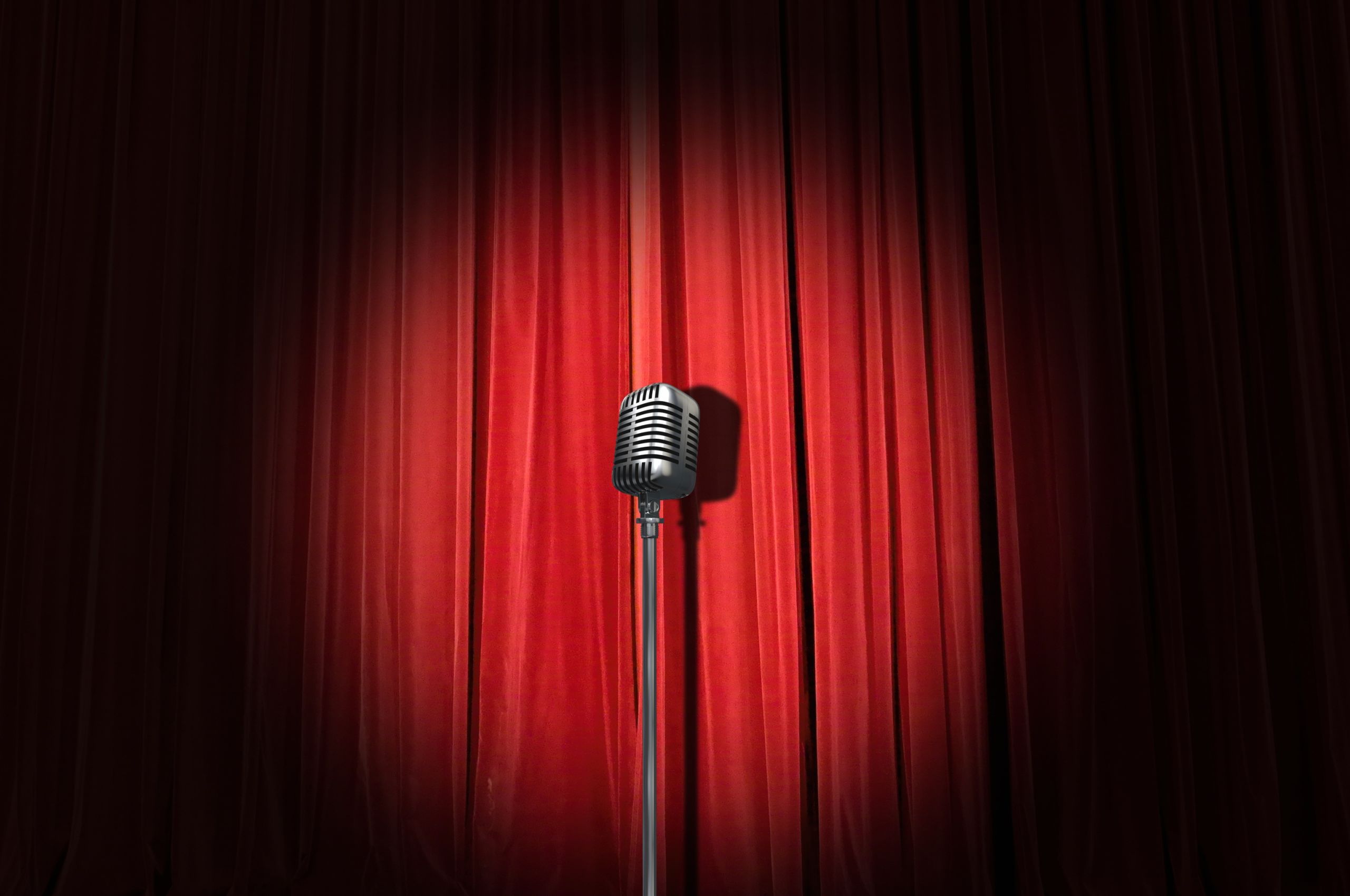
We've all heard the idea that laughter is the best medicine.
It's a phrase which is believed to have come from the Bible.
But is there any truth to it?
Let's take a look. We'll start with the people trying to understand what laughter is, followed by the people who use it for therapy - and finally, the people whose job it is to cause it as much as possible.

The academic study of laughter began with Psychology professor William F. Fry in 1964, who published a number of studies on its effects.
He became the first self-proclaimed "gelotologist", an expert in the subject of laughter, deriving from the Greek gelos - to laugh.
His works sparked a new movement in studying laughter, some of which began to question the idea that humour was a necessary prerequisite.
The movement was further inspired by UN Peace Medal winner Norman Cousins, who in his 1979 book Anatomy of an Illness stated that laughter saved him from a fatal form of arthritis - ankylosing spondylitis.
He claimed that having ten minutes of belly-rippling laughter would give him two hours of pain-free sleep - something which even morphine couldn't do.
Studies of laughter continue today.
In 2020, researchers Freda N. Gonot-Schoupinsky, Gulcan Garip and David Sheffield from the University of Derby reviewed over 500 studies of laughter and humour in their paper "Laughter and humour for personal development: A systematic scoping review of the evidence".
The studies reviewed involved a total of 574,611 participants.
From their findings, they suggested a unified definition of laughter, which was as follows:
“Laughter is predominantly a physical behaviour, occurring alone or socially. It is often used as a form of verbal expression or communication. It can be spontaneous, provoked, or self-induced, and serves diverse personal development functions including social bonding. It may be induced by a range of emotions, playfulness, and, or, humour, or induce these. It is influenced by motives, circumstances, and cultural and individual differences.”
At first glance, coming up with this definition may seem to be a strange exercise. After all, one of the most famous observations about laughter, originally attributed to E.B. White and his wife Katherine, is that analysing why something makes you laugh is like dissecting a frog - no one's really interested, and the frog dies. Explaining the entirety of laughter, then, seems like an act of cultural genocide.
However, definitions like this allow researchers to explore the effects of laughter from a solid grounding. Looking at studies of laughter through this perspective allowed Gonot-Schoupinsky, Garip and Sheffield to establish the following benefits of laughter:
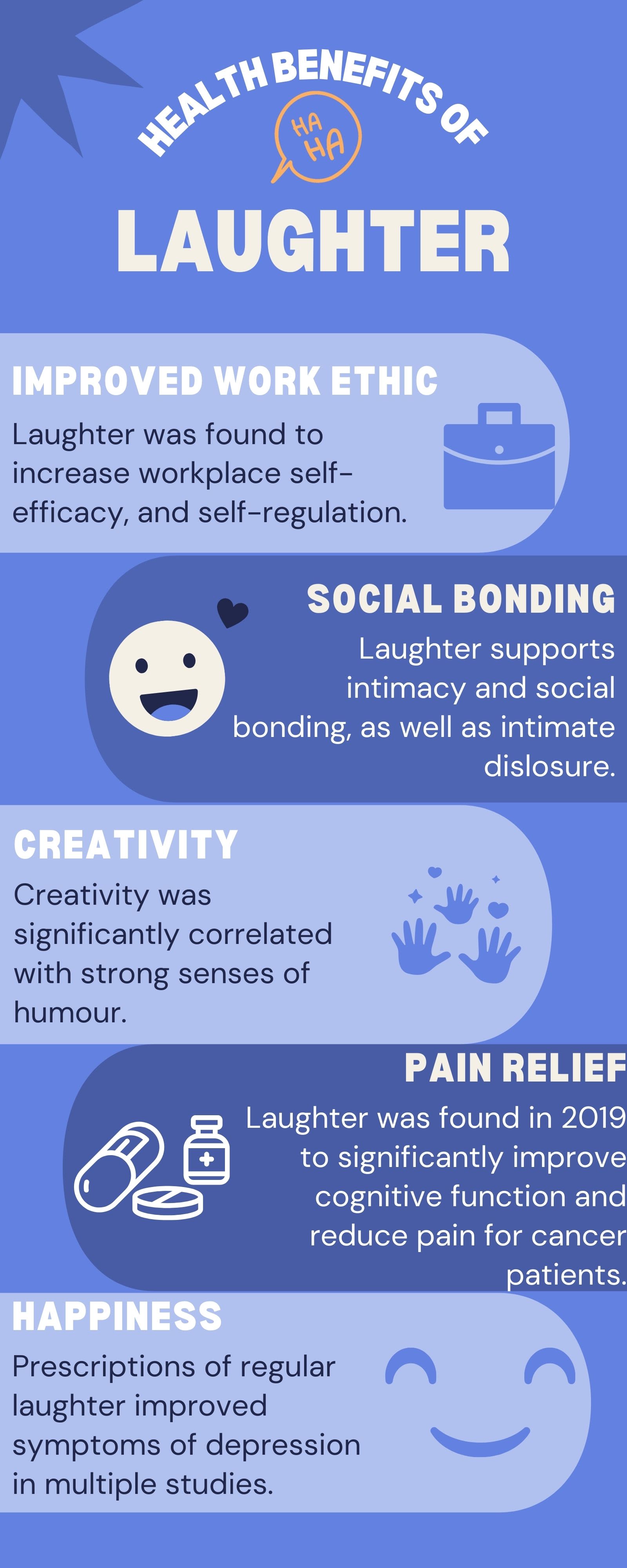
We are currently in the midst of a mental health crisis.
Could laughter be the solution? Lady HaHa reckons it could help.

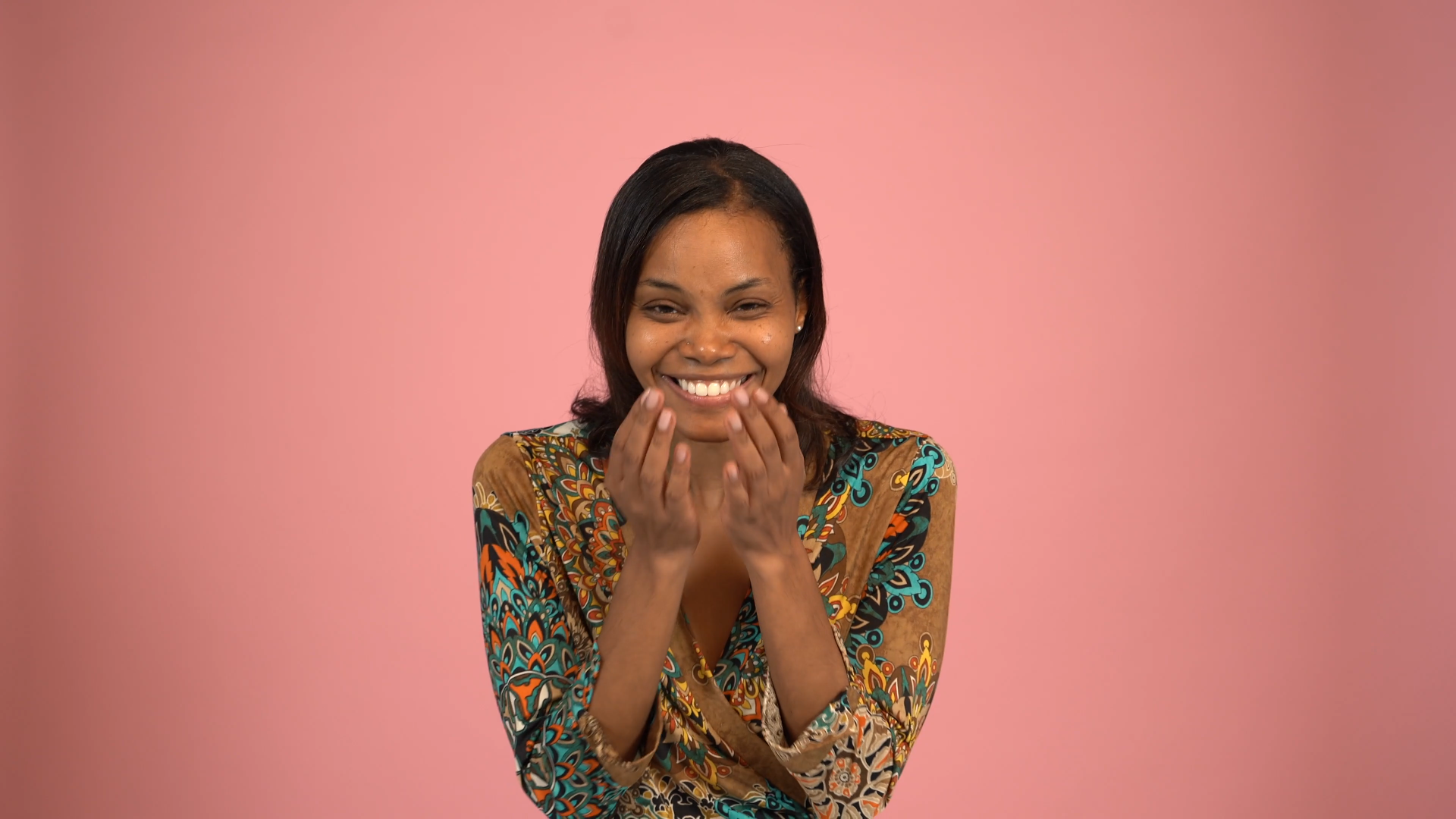


Lady HaHa - Laughter Yoga
"Bonkers yet brilliant"
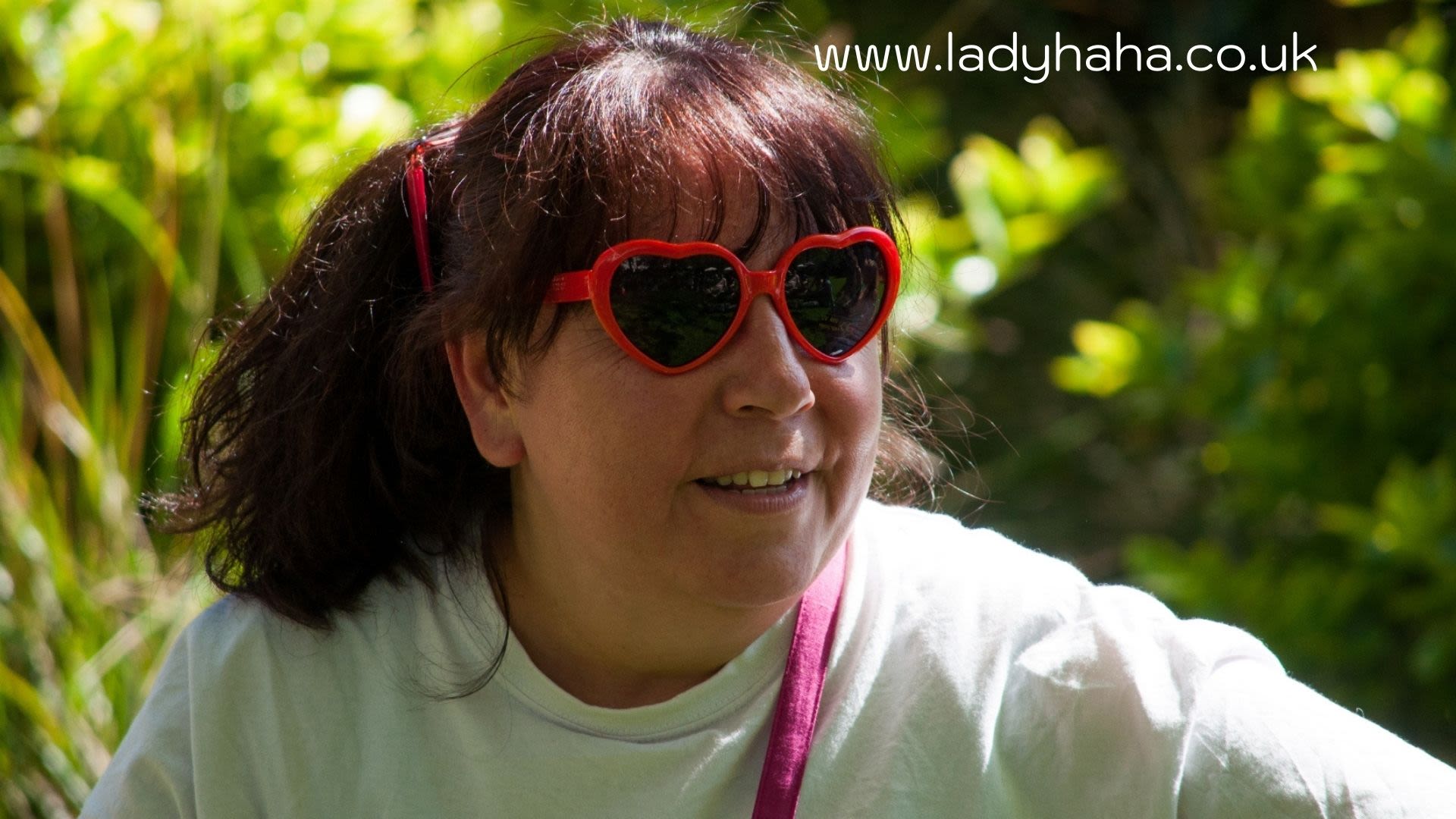
Laughter yoga is the practice of using laughter to relieve stress.
Odette Kurland has been practicing laughter yoga for six years.
After stumbling on its power in social settings, she said: “As adults life becomes so serious we often forget how to simply laugh!
“But it’s like a magic wand! So simple yet so powerful.”
Kurland, whose yoga classes have been described as "bonkers yet brilliant," is more widely known as Lady HaHa.
“It just popped into my head, and I was like, it’s me!” she said.
“So I started to introduce myself as Lady HaHa and that in itself is usually the first giggle.”
Unique about laughter yoga is that those practising it don’t watch funny videos, or tell jokes - they simply simulate laughing until it becomes natural.
Some online sites have described it as “faking it until you make it.”
Lady HaHa said: “Laughter yoga is where we practise laughter as an exercise where we laugh just because it is good for our health and helps us to feel less stressed, uplifted, and even less pain!"
We decided to give it a go in the South West Londoner office:
The staff at South West Londoner blowing off steam with some laughter yoga!
Have a go at it yourself! Let us know how you get on via Twitter.
Laughter yoga was popularised by Indian physician Madan Kataria in his 2002 book Laugh For No Reason.
There are now an estimated 5,000 laughter yoga clubs worldwide.
Lady HaHa teaches over 40 laughing exercises to budding laughter yoga leaders.
“One of my favourites is simply breathing in through the nose and smiling out, breathing in, and giving a sweet giggle on the out breath. Then, for the final breath in, make it a big one, and try a deep hearty laugh on the way out,” she said.
She stated that anyone can attend a yoga laughter session, from civil servants to carers, from doctors to CEOs - and it proved especially important during lockdown.
“When we first hit lockdown, I realised how important laughter yoga would be as a social connector, a way to release stress, to lift moods and to have a tool to help when facing adversity so I decided to try it on Zoom!" she said.
“I started early in March 2020 and it was just what everyone needed. I had to learn how to adapt to work in this way, eventually taking my training online.
“On world laughter day I organised what was then the worlds first laughter yoga marathon (Zoomathon) with 16 hours of non-stop laughter yoga from around the world.
“Now all my colleagues around the world have also adapted and it has been truly magical and a lifeline for so many.”
Her classes, currently running on Zoom, can be found at https://laughteryogawellness.co.uk/ or www.ladyhaha.co.uk, as can her laughter yoga leader courses.
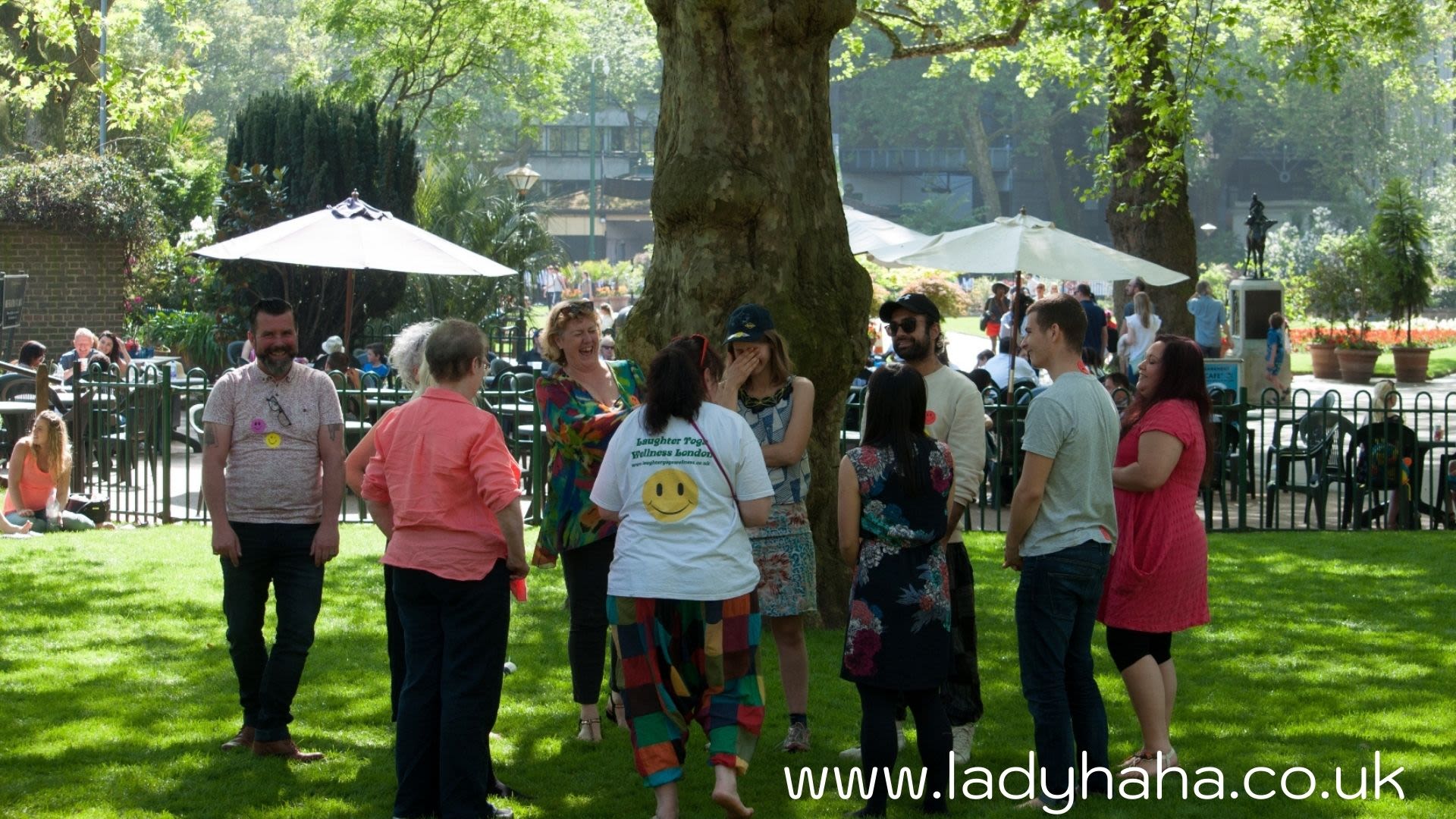
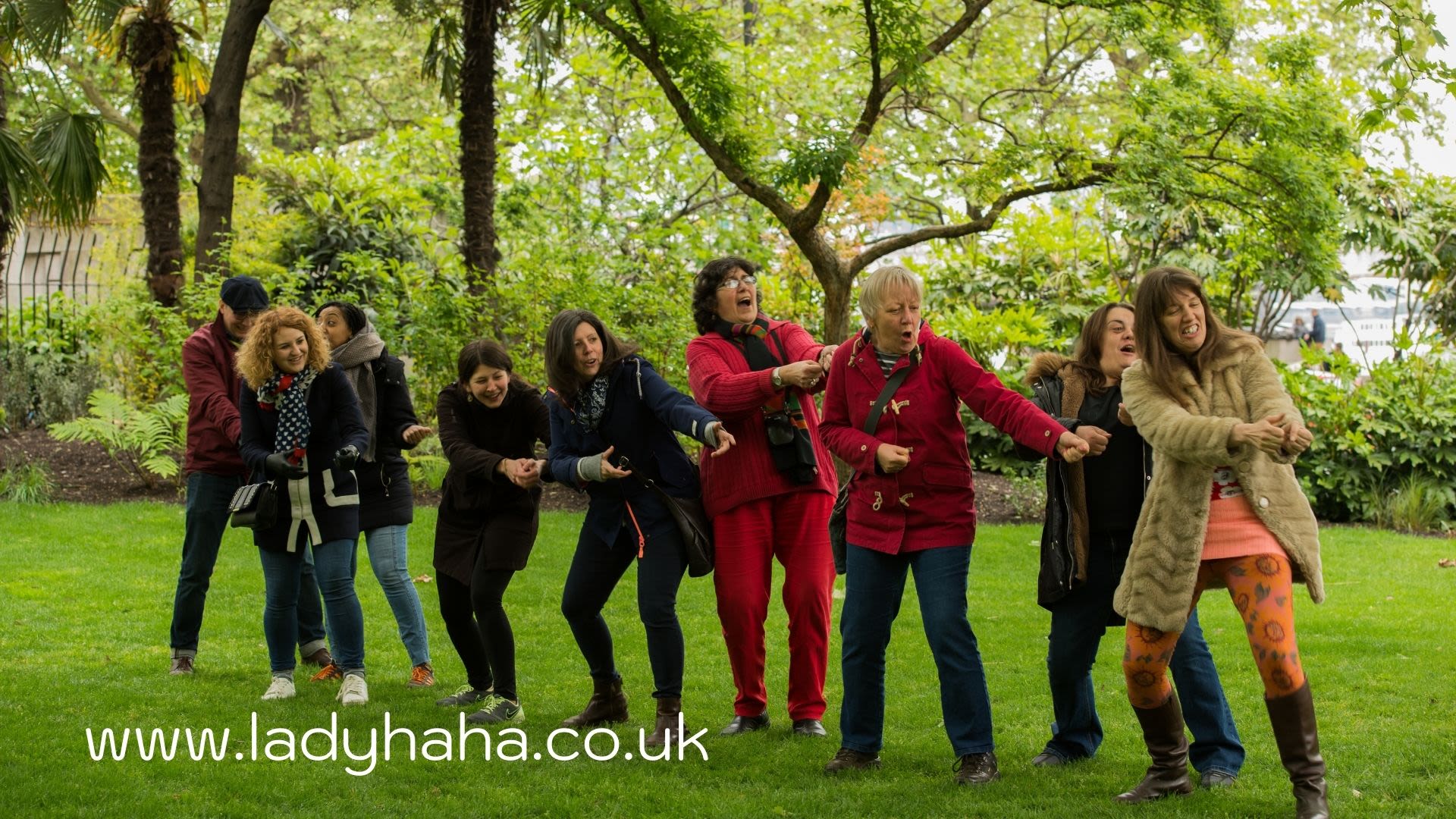

So, laughter is a great stress reliever - and we all need that right now.
But what about those whose livelihoods revolve around it?
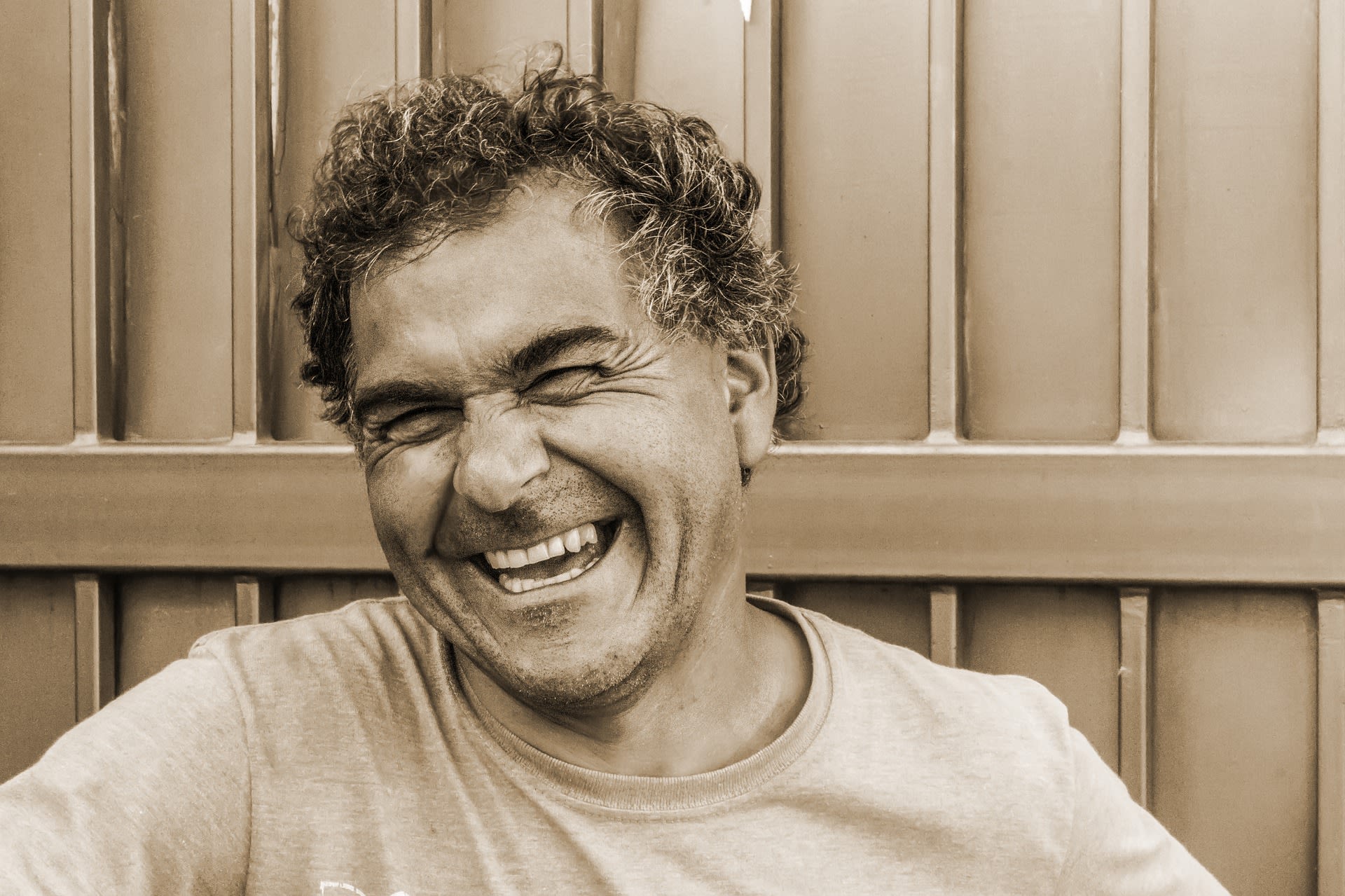
Javier Jarquin
The perspective of a working comedian
New Zealand-raised Latin-American/Chinese comedian Javier Jarquin has performed over 600 times.
His show The Card Ninja combines magic tricks with stand-up comedy.
“When you’re laughing with someone, you’re at your most vulnerable, and it’s the best way to bond with someone,” he said.
“As we’re coming out of lockdown, laughter is really the best medicine for the comedians themselves.
“They need it.”
Jarquin stated that lockdown has taken away what comedians need the most - live reactions to their humour.
“A lot of a comedian’s self-worth comes from doing the job - from giving the laughs,” he said.
“You don’t get that on social media - and the context is completely different.
“Lockdown has taken away their livelihood, and their mental health.”
Jarquin has heard of laughter yoga - and said he wishes they would practise it at his shows.
“Let’s kill two birds with one stone,” he said.
Jarquin also commented on the power of laughter not just as a tool for relieving stress, but also for commenting on parts of society.
“Comedy is one of the last places you can really say whatever you like.
“Laughing helps us tackle big issues - to say what needs to be said, but through the lens of a joke.”
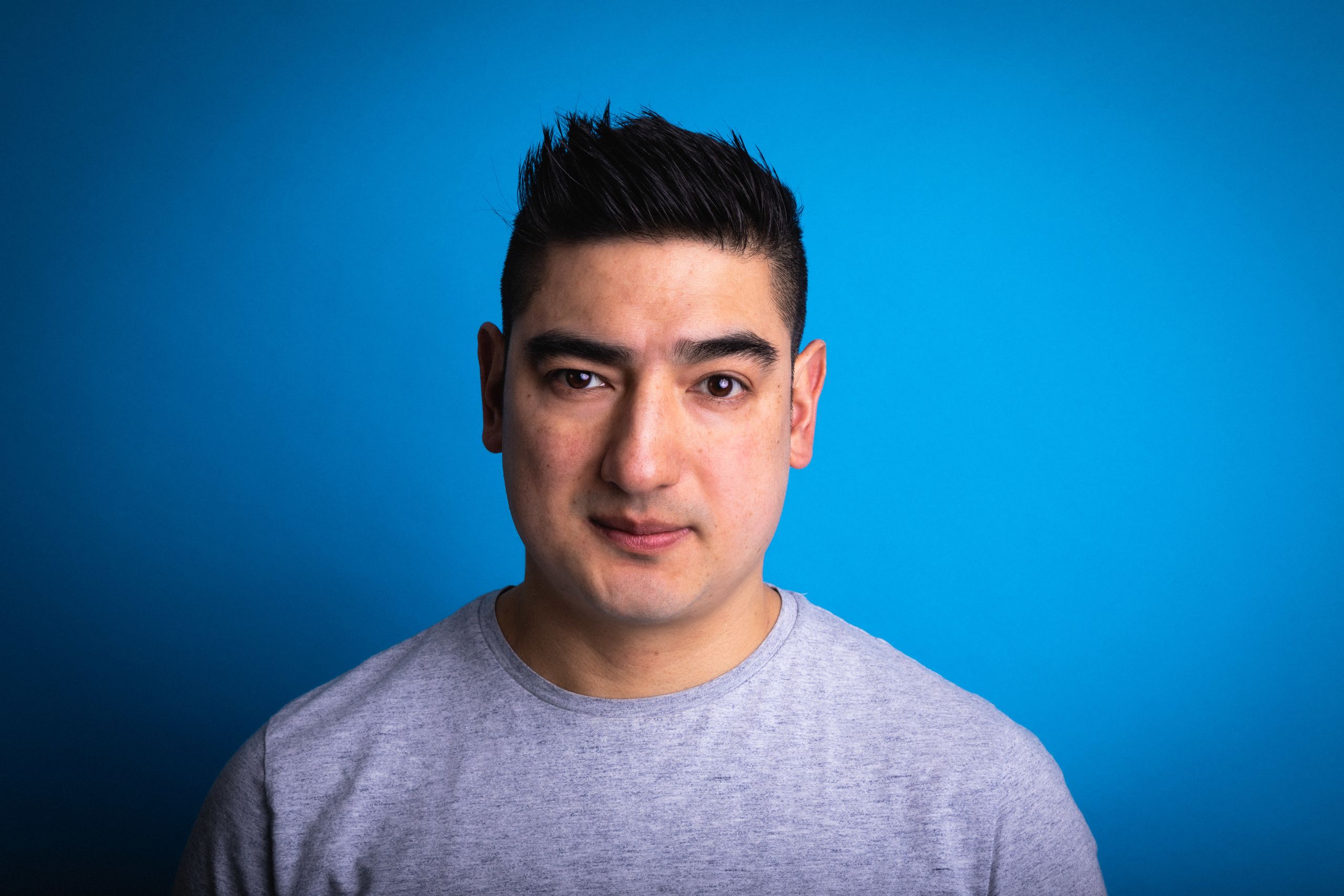
For some, laughter is a subject of academic study. For others, it's a way to relieve stress. And for others, it's their whole life.
Whatever the case is for you, and whatever is going on in your life right now, just try to remember: it's always worth it to have a laugh.
Thank you for reading! Tell me your best joke on Twitter, or scroll down to see how well you know your comedy!
Images of laughter yoga provided with permission from LadyHaha.co.uk. Images and videos of Javier Jarquin provided from UTC Artist Management. All other images from unsplash.com and pixabay.com

